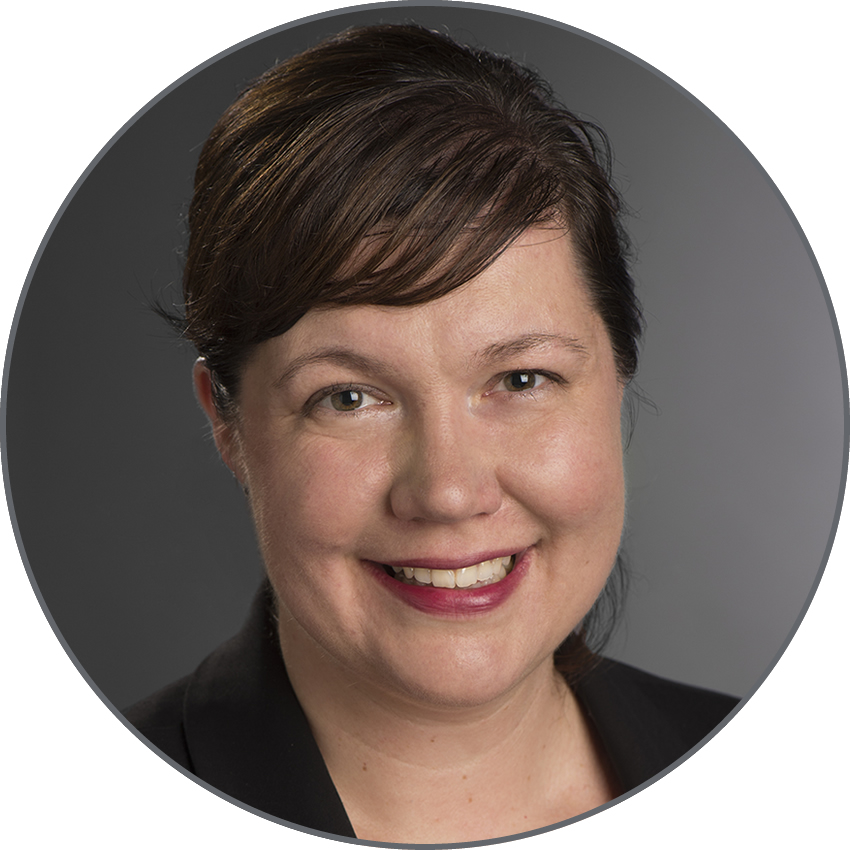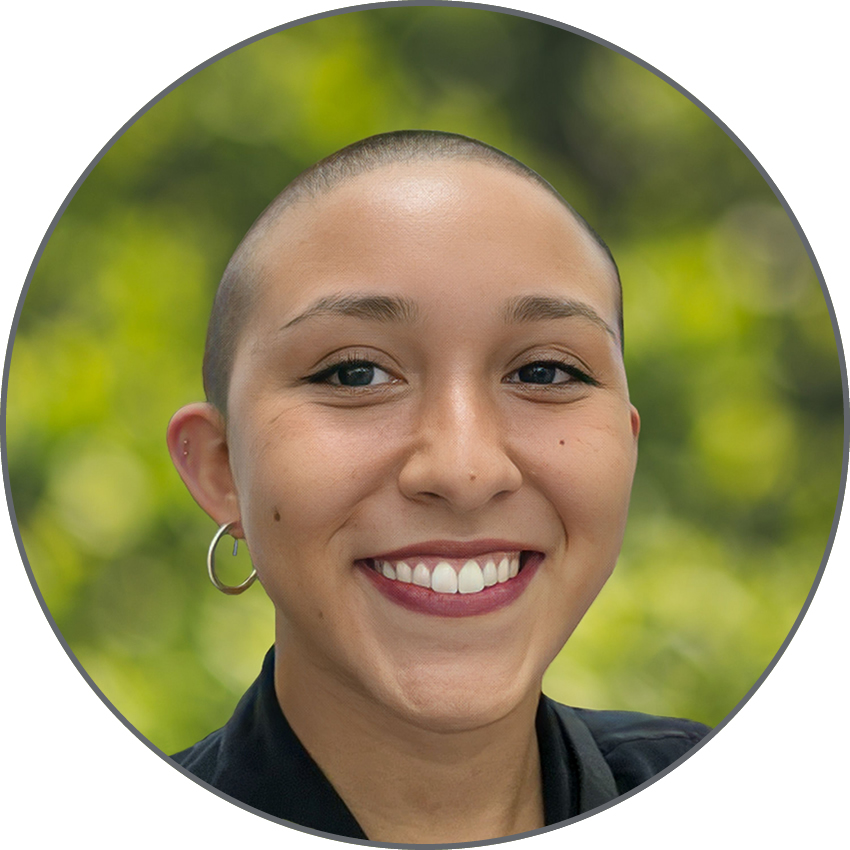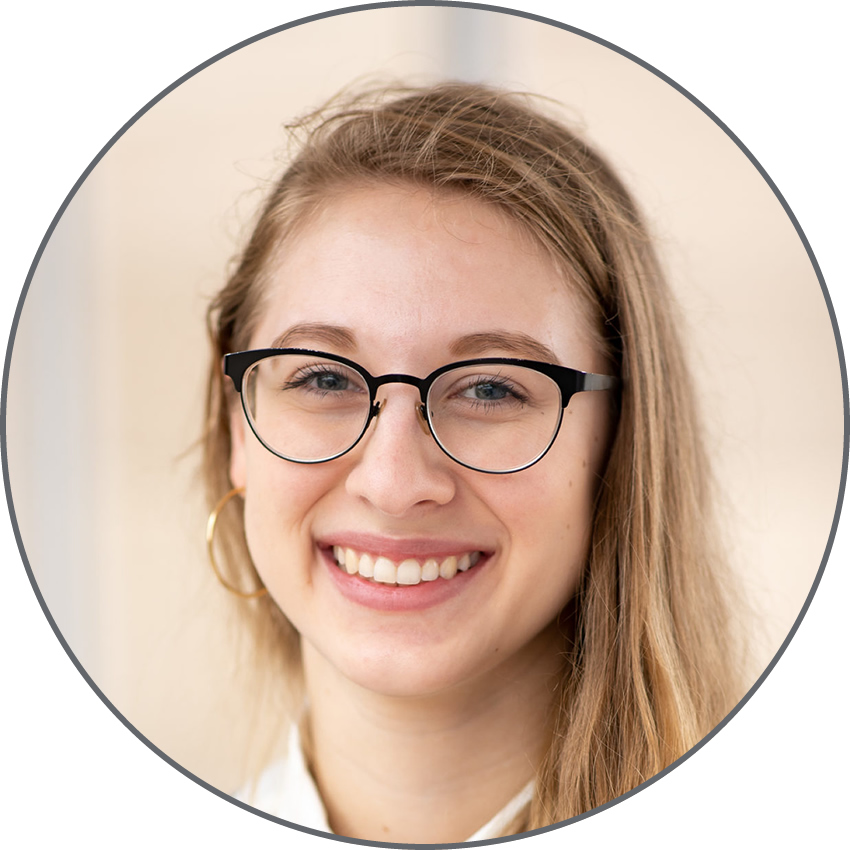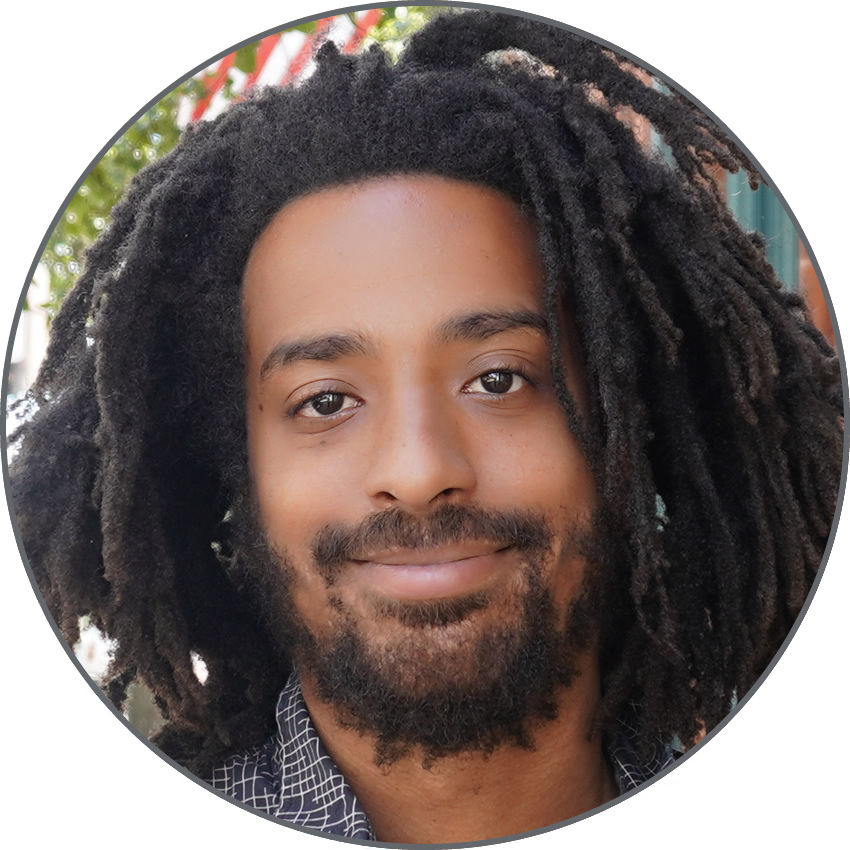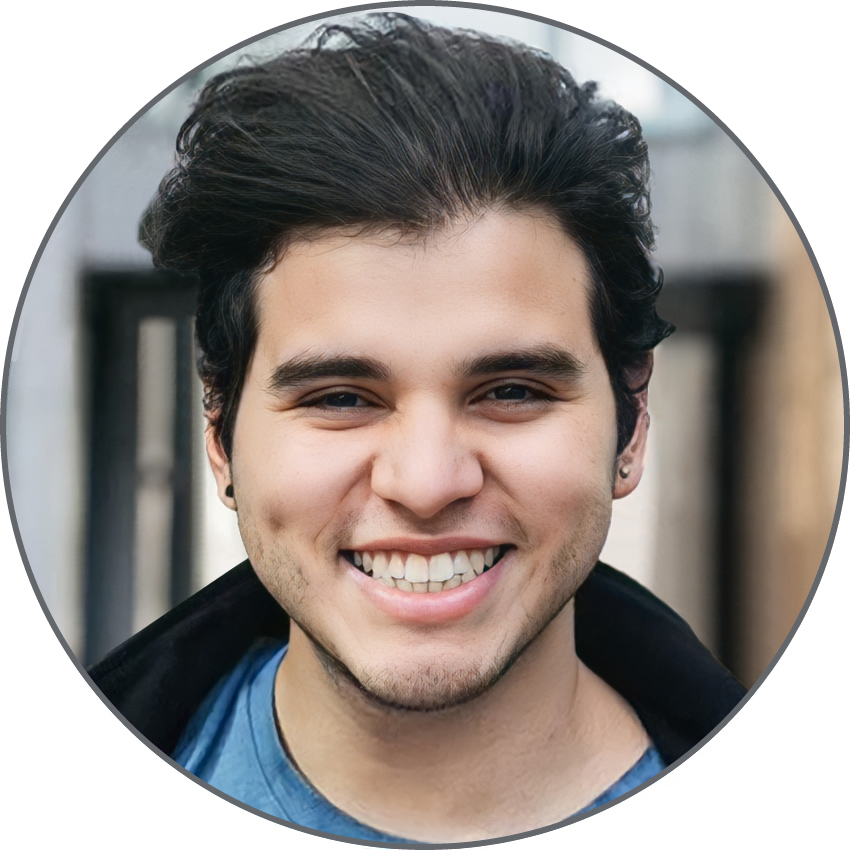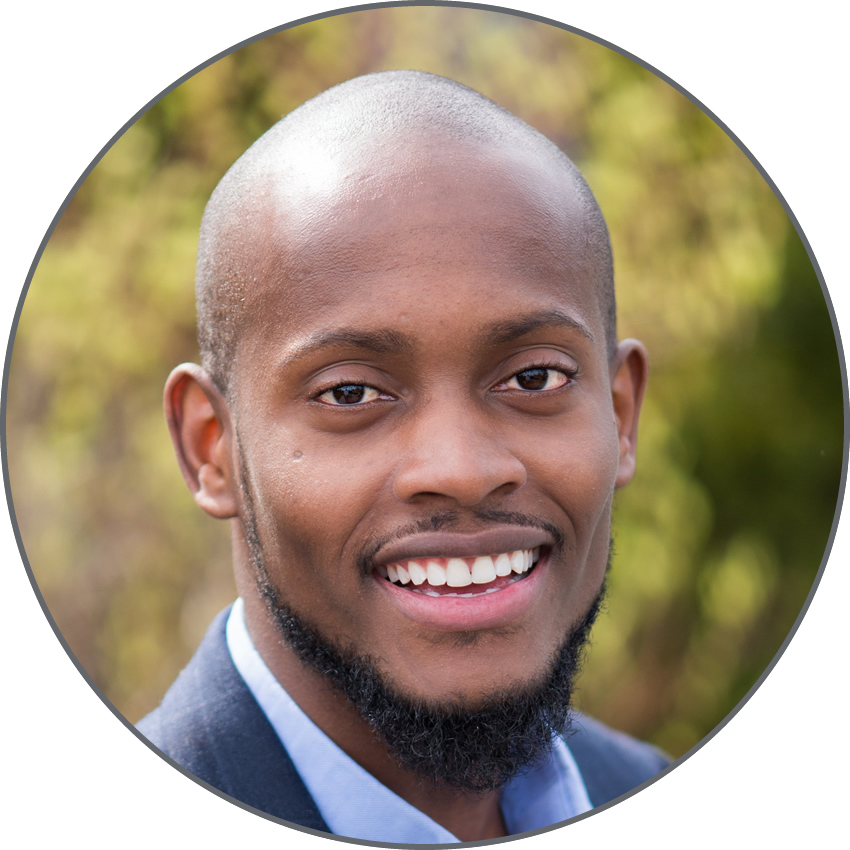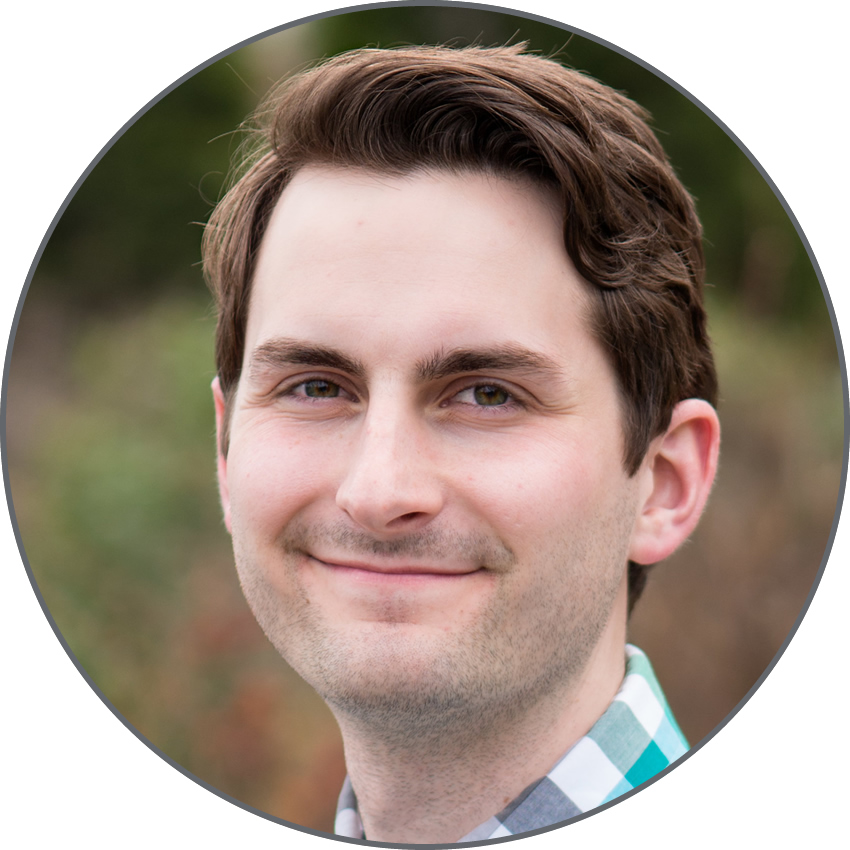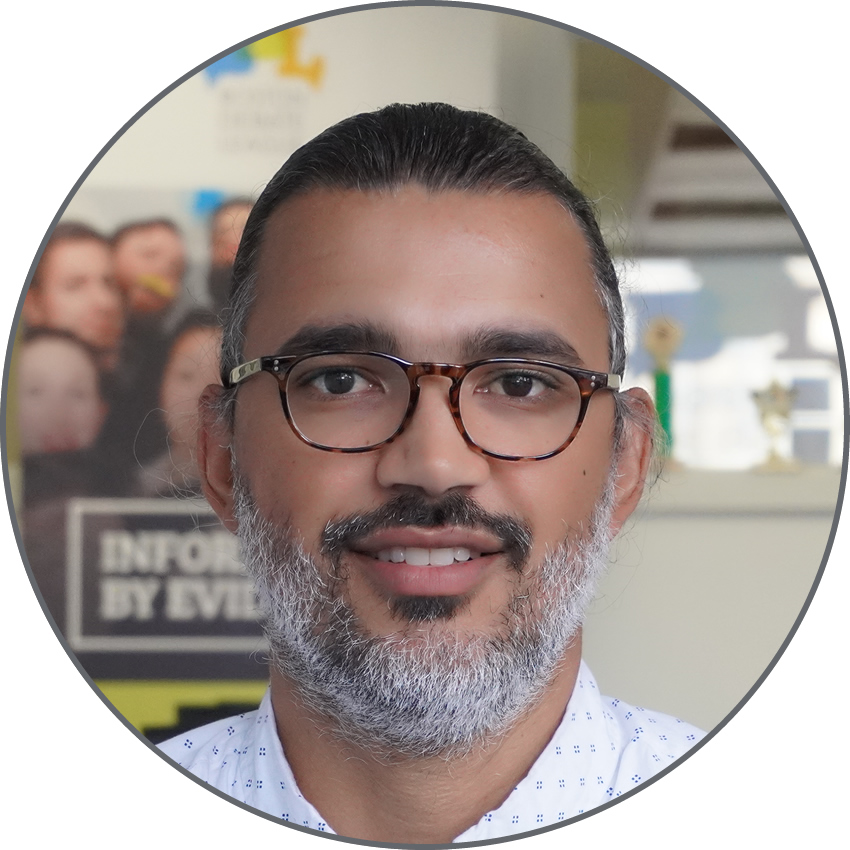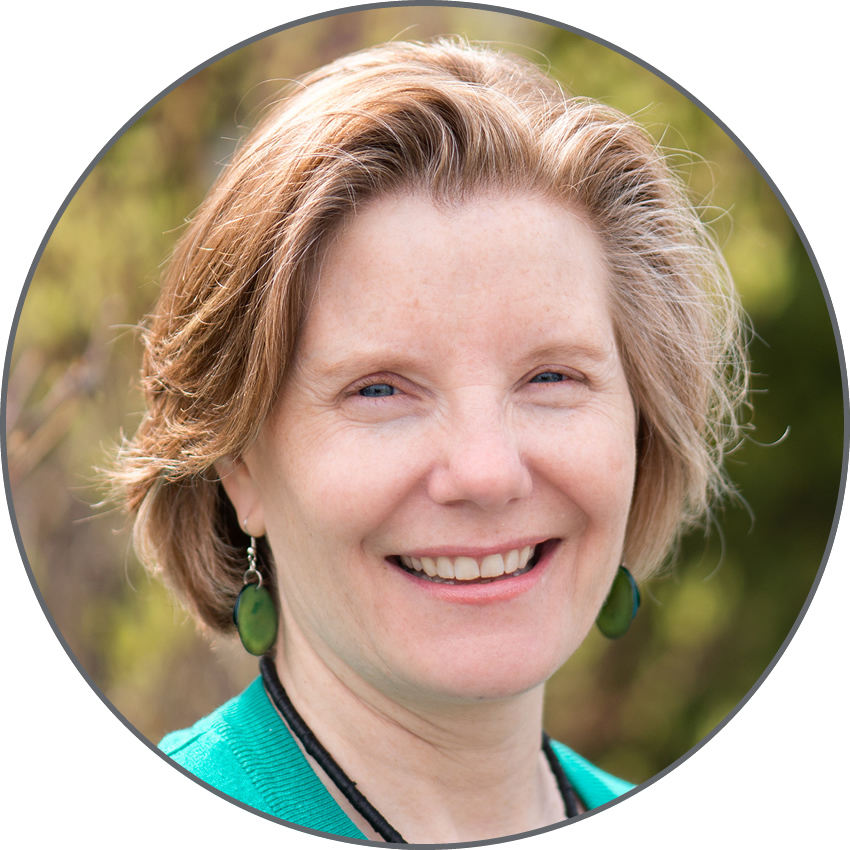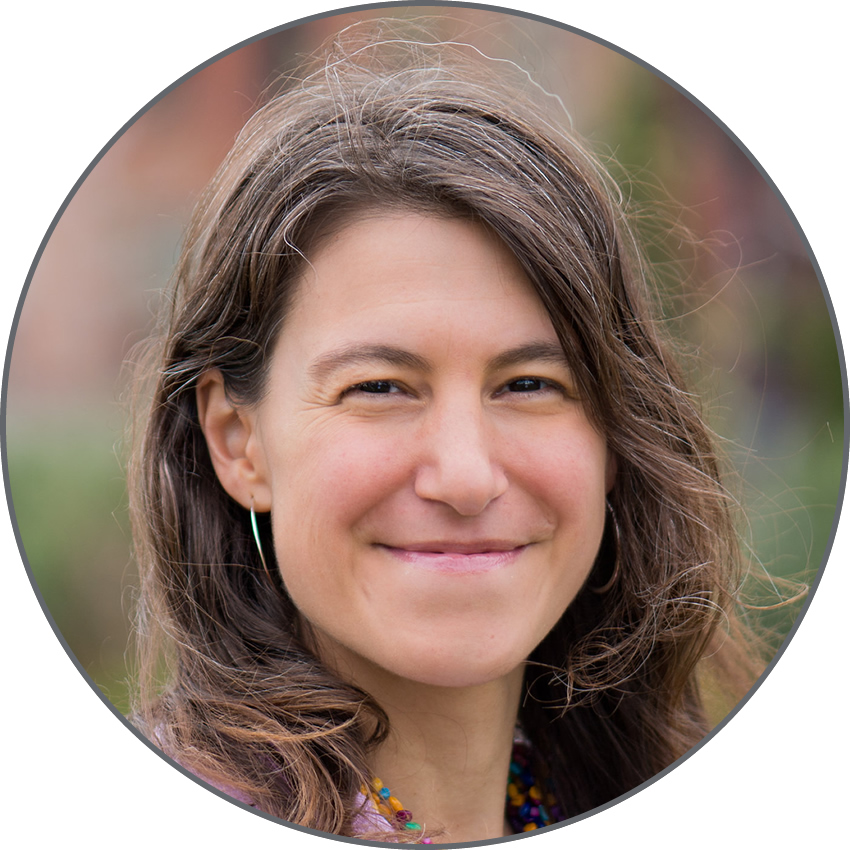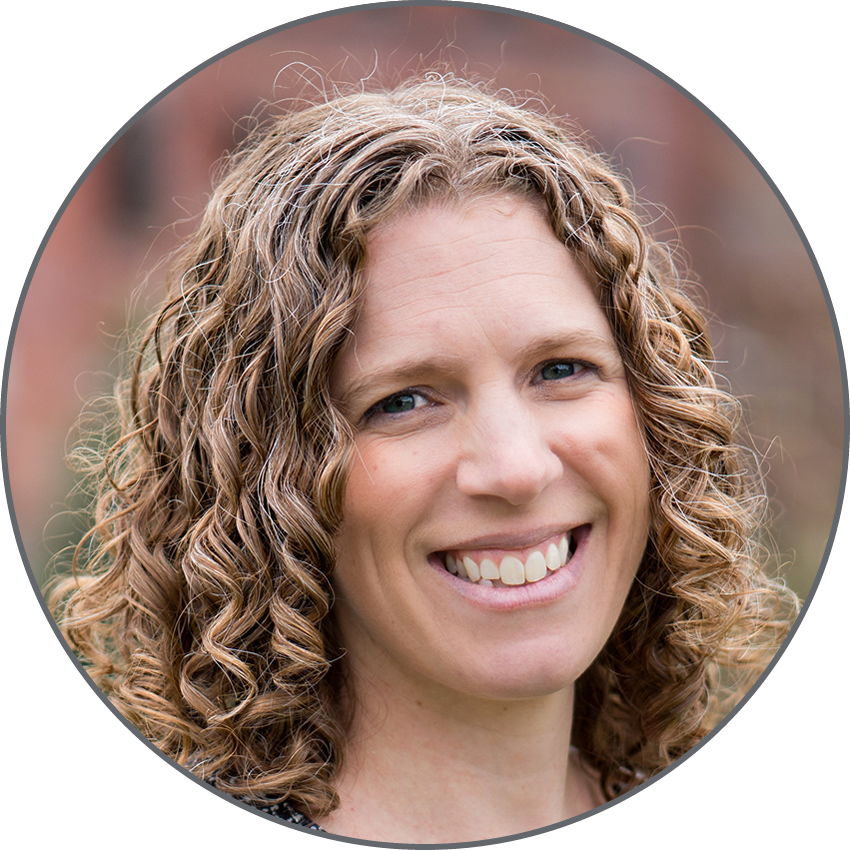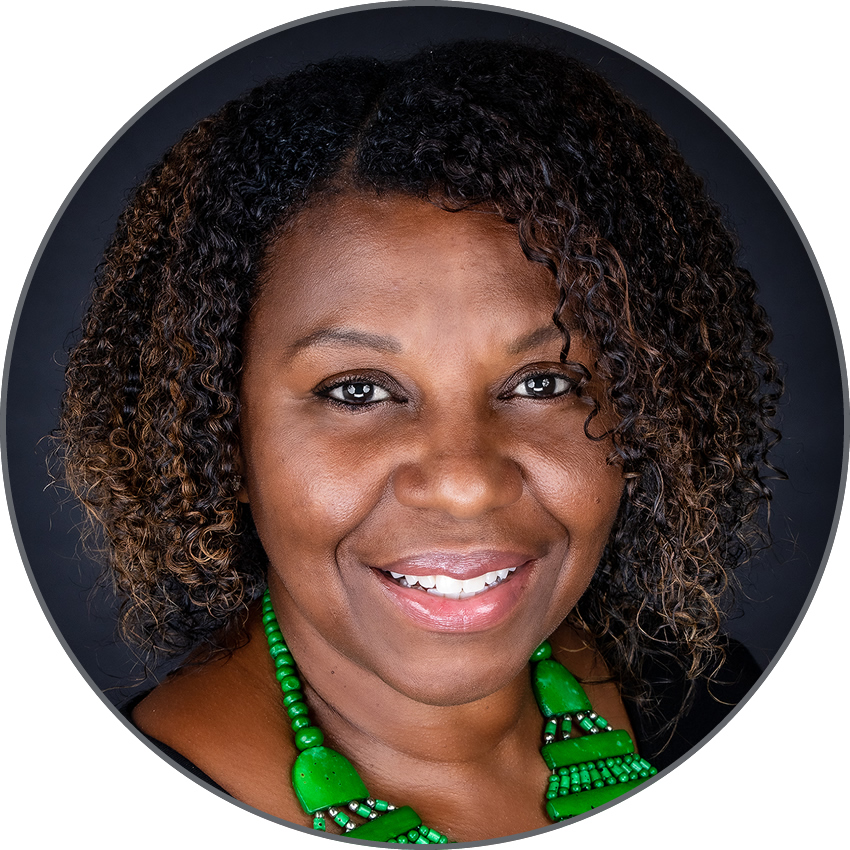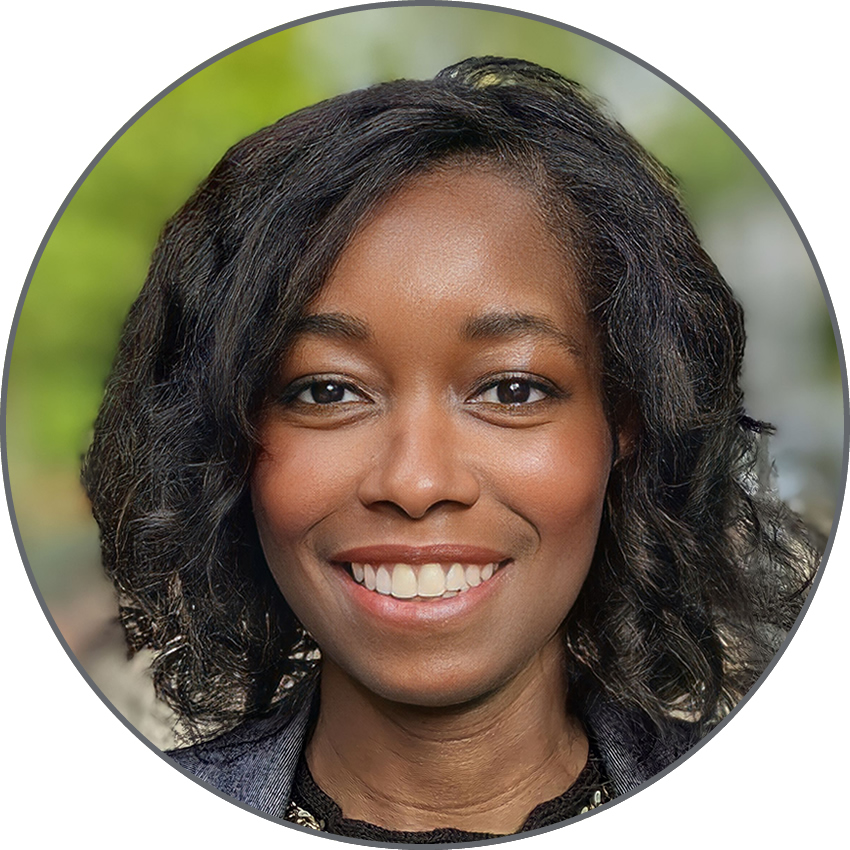Alumni at the BDL: Julianna Maximo
June 24, 2025 | By Marisa Suescun
Meet the Alumni on Staff! Last but not least: Julianna Maximo, Administrative Coordinator
By the time Julianna Maximo turned 17, she had treaded more walks of life than most do in a lifetime: birth and early years in Rhode Island; a childhood and adolescence in Rio de Janeiro, Brazil that spanned from a life of luxury, attending exclusive private schools and living in a 7-story house, to a harrowing period of poverty and interrupted schooling; and then an abrupt move, with her mother and sister, to Boston, where she enrolled at Brighton High School fully literate in two languages, neither of them English.
A less resilient, willful, and brilliant person may have found herself adrift, perhaps permanently knocked off course. Instead, Julianna found the resources within and around her—including, significantly, in the world of debate—to grow and thrive.
The daughter of two flight attendants, Julianna learned a love of travel early on. Born in Rhode Island, she, her parents, and sister moved to her mother’s native Brazil when she was 3. Her father “worked like a dog” as a flight attendant, away for long stretches and then spending month-long vacations in Brazil and on other travels with the family.
The family “lived a lavish lifestyle”; they had a personal cook and live-in maid who helped raise Julianna and her sister, and the girls attended an exclusive Swiss elementary school alongside the children of Rio’s elite. “It was really snooty—I would have hated it now,” Julianna says.
She loved learning but didn’t make friends easily at that age, and recalls being bullied. “There was a moment when I was 10 or 11 when I was like, ‘I will be bullied no more’”—a moment in which she literally threw her longtime tormentor over a wall, causing him to drop about 6 feet and break his arm. “Nobody bullied me after that,” she says matter-of-factly. “It’s a very Julianna story.”
Julianna and her sister went on to attend a French immersion school, where she thrived—began to find her own identity, made friends, and fed her thirst for learning in a rigorous, affirming academic environment where she was consistently at the top of her class. She loved the complete immersion in language and culture, and became fluent in French—something very important to her mother. When not at school, Julianna and her family spent lots of time outdoors —swimming, playing volleyball. It was a happy period in her life.
When Julianna was 13 and her sister 12, her parents divorced acrimoniously and her father relocated permanently to the United States. The family descended into poverty and couldn’t afford electricity or running water—Julianna recalls walking with buckets to a waterfall to gather water for bathing—and struggled to put food on the table. The most disruptive and painful aspect of their new reality was that Julianna and her sister missed school for an entire year, unable to pay tuition at their private school.
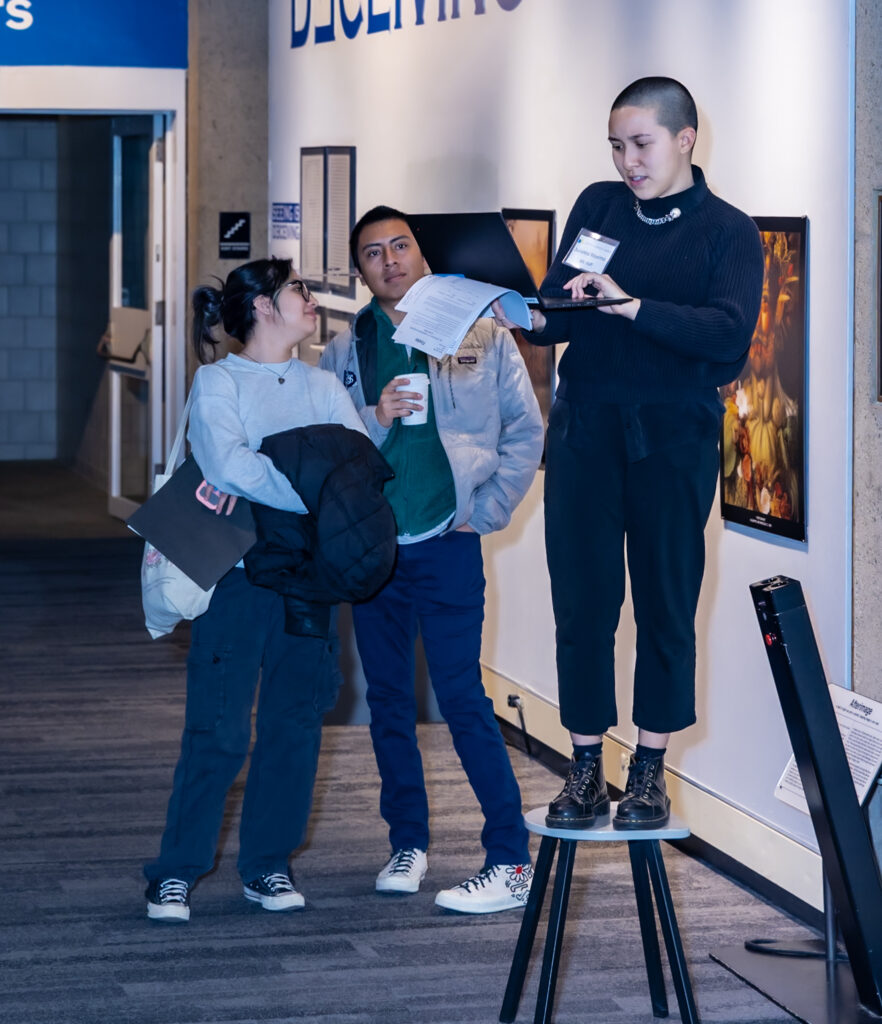
“It was a life changing experience,” Julianna says. “I realize how much of that time I don’t remember, because it’s so traumatizing for me. Truly, I blocked it out.”
Eventually, a friend of the family lent money so that Julianna and her sister could attend school the next year, now in a grade below the class they had started with. Things were starting to stabilize and feel hopeful, but in the spring of that year, her mother announced that they were moving to the United States, to live with her mother’s close friend who encouraged them to come stay with him.
Julianna was 16 when she arrived at Brighton High School, coming off of two years of largely interrupted education. She knew English but was far from fluent and initially placed in an ESL class, until a teacher, recognizing her skills and thirst for learning, told her, “You belong in honors English.” Despite this, Julianna was often bored in class, feeling unchallenged by material that she had learned already. She was also initially socially isolated—“I sat in the front row and didn’t talk to anybody; I made friends with teachers, but not the kids.”—until a history teacher encouraged her to join the debate team.
There she found a group of “loners from different countries,” and formed a vibrant learning community that was her lifeline throughout high school. English was the only common language on the debate team, and Julianna was purposeful and relentless in developing fluency, including removing any hint of a Brazilian accent. “I was so concerned with fitting in. And so I worked really hard,” she says. “I was constantly training my ear.”
Debate provided both an inclusive community and a space of rigor, one where Julianna could think critically, grapple with ideas, and gain language for concepts that she hadn’t yet had a name for, which helped her process both her personal history and the world around her. “Debate challenged me in ways that school didn’t,” Julianna says. It also pushed her to be more open minded. “Debate introduced nuance for me,” she says. Debaters often hold values deeply, “but they can’t be married to those values if they want to grow. Their brain has to have elasticity… being open to being wrong, and not feeling defeated by that.”
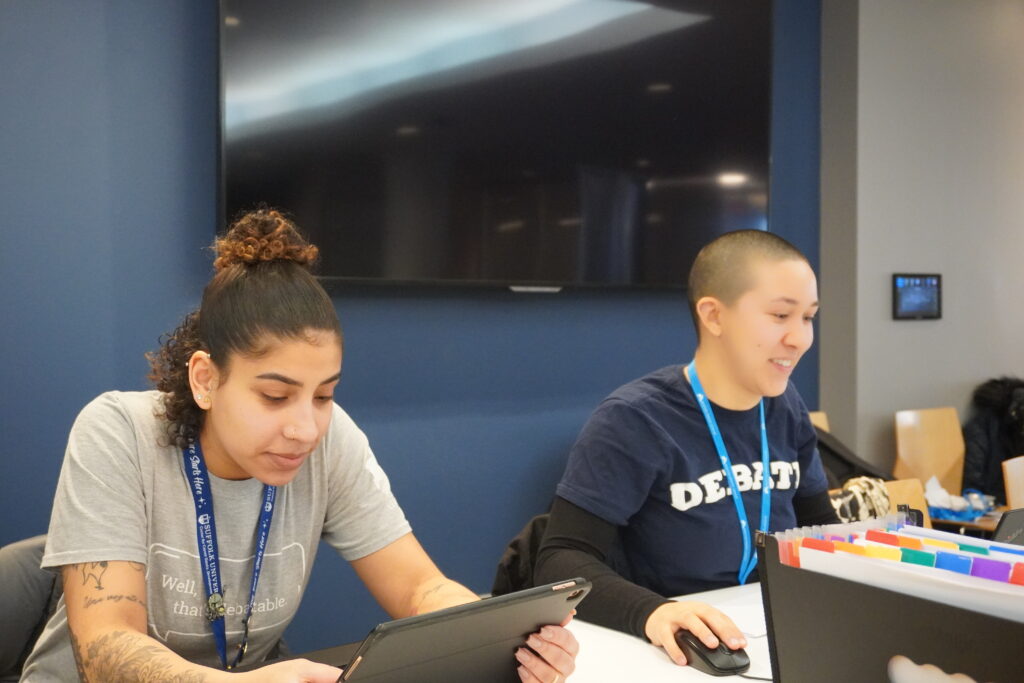
One of Julianna’s favorite memories is a niche one, familiar to all debaters of a certain generation: lugging enormous tubs of evidence around tournaments, a badge of honor. She describes herself as “not a great debater,” but one who loved and felt safe in debate spaces, even when she was losing rounds, because she was learning, growing, and part of a family.
Julianna felt invested in and cared for by her coaches, Michele Pelham and Katie Shaller; and, later, by Rane Baldwin, who she recalls serving a needed parental role in her senior year when she experienced depression as her mother’s illness deepened. “When things at home weren’t good, debate and tournaments were a very safe space to be,” Julianna says. “Debate kept me alive.”
Debate and the BDL continued to mark Julianna’s journey beyond high school. She had not graduated due to missing so much school in her senior year, so she earned her GED. She then interned with the BDL, supporting the team in hosting its first Evidence-Based Argumentation conference.
Hungry for both financial stability and the ability to travel, Julianna set herself the goal to save money to achieve both. She held an astonishing four jobs at the same time—“I worked 5 am to 10 pm every day for 9 months”—and saved enough money to travel for a year, across Europe and Asia. She came home changed, both in her estimation of herself and in what she wanted for her next chapter in life. For one, she was determined to create a life that had the things she sometimes lacked growing up: financial stability and literacy; delicious food; a home that feels organized, clean, and calm.
She also craved “depth in relationships that felt meaningful,” and started to ground herself for the first time in Boston, building community here. She started working full time at Peet’s Coffee, rising to the role of assistant store manager, and later George Howell and other coffee businesses. Her co-workers became close friends, and she felt her sense of self finally solidifying.
Who she is today is very different from the shy child in Rio. As a child, she was a picky eater; now Julianna is a great lover of food and coffee, someone always willing to share her cooking and culinary recommendations with anyone who wants it (and even those who don’t).
She used to have “to be dragged out of bed;” now, she is a morning person with a strong motor and sense of purpose. She practices sober money management. She works with her hands, doing pottery and knitting. Her aesthetic in her home is clean, spare, and modern, different from what she grew up with. This home includes her dog Geno, who is as vocal, assertive, and engaged with life as Julianna herself.
“Also, I used to have a lot of hair,” she says, laughing. Now she rocks a shaved head. Above all, as she approaches the age of 30, Julianna is someone who holds deep agency in her life—her personal style, her relationship to work and learning, and above all her chosen communities, the people she treasures and spends time with.
If you want to hear some truly staggering things come out of a person’s mouth, watch Julianna’s video interview below.

